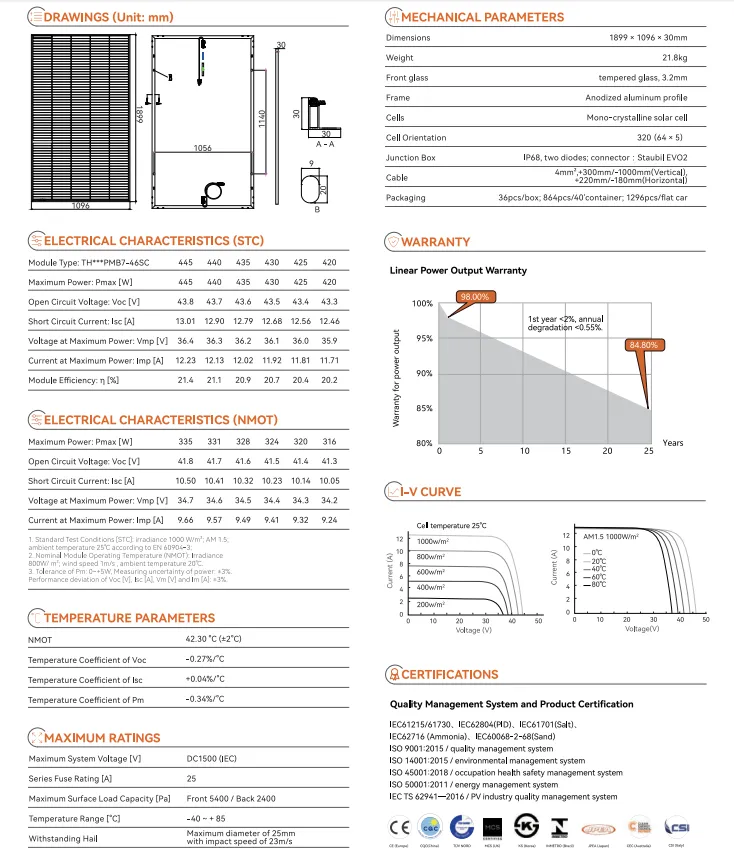Understanding the Benefits and Functions of Solar Charge Controllers in Renewable Energy Systems
Understanding Solar Charge Controllers An Essential Component in Solar Energy Systems
Solar charge controllers are vital devices in solar energy systems, playing a crucial role in managing the power generated from solar panels. As the use of renewable energy sources grows, understanding the function and importance of solar charge controllers becomes increasingly necessary for anyone investing in solar technology.
What is a Solar Charge Controller?
A solar charge controller, often referred to as a solar regulator, is an electrical device that regulates the voltage and current coming from solar panels to the batteries in a solar power system. Its primary function is to prevent overcharging and deep discharging of batteries, which can significantly shorten their lifespan and reduce their efficiency. By ensuring that batteries are charged properly, solar charge controllers help maintain optimal battery performance and reliability.
Types of Solar Charge Controllers
There are two main types of solar charge controllers PWM (Pulse Width Modulation) and MPPT (Maximum Power Point Tracking).
1. PWM Charge Controllers These are the simpler and often more affordable option. They work by gradually charging the batteries and reduce the voltage from the solar panels as the batteries approach full charge. While effective for smaller systems, PWM controllers can waste some energy, especially in larger setups.
2. MPPT Charge Controllers More advanced than PWM controllers, MPPT controllers optimize the energy output from solar panels. They track the maximum power point of the solar panels and ensure that the batteries are charged efficiently. This results in better performance, especially in conditions where solar irradiance fluctuates, making MPPT controllers ideal for larger systems or those in less predictable environments.
Benefits of Using Solar Charge Controllers
Using a solar charge controller comes with several advantages
solar charge controller

- Battery Protection By preventing overcharging and ensuring that batteries are not discharged too deeply, charge controllers extend the life of the batteries, which can be one of the most expensive components of a solar energy system.
- Efficiency In the case of MPPT controllers, the efficiency gain can be significant, yielding up to 30% more energy compared to PWM systems under certain conditions. This efficiency leads to faster charging and better utilization of available solar power.
- System Longevity By managing energy flow effectively, solar charge controllers contribute to the overall longevity of the entire solar power system. They mitigate wear and tear on the batteries and electrical components.
- Versatility Solar charge controllers are compatible with various battery types, including lead-acid, lithium-ion, and gel batteries. This versatility makes them suitable for different renewable energy setups, whether for off-grid applications, RVs, boats, or grid-tied systems.
Installation and Maintenance Considerations
Installing a solar charge controller typically involves connecting it between the solar panels and the battery bank. It's essential to choose a charge controller that is appropriately sized for the solar panel array and battery system to ensure optimal performance.
Maintenance of a solar charge controller is generally minimal. However, regular checks on connections and ensuring that software updates (for MPPT controllers) are applied can help maintain efficiency. Additionally, monitoring the system's performance through any available app or display can help identify potential issues early.
Conclusion
In summary, solar charge controllers are an indispensable part of solar energy systems. They help manage the charging and discharging of batteries, ensuring long-term efficiency and performance. Whether you opt for a PWM or MPPT controller, their benefits significantly outweigh any potential drawbacks. As solar technology continues to evolve and become more accessible, understanding the role of solar charge controllers will empower consumers to make informed decisions about their renewable energy systems. Ultimately, investing in the right solar charge controller is key to enhancing the sustainability and efficiency of solar power usage.
-
String Solar Inverter: The High-Efficiency Solution for Smart Solar EnergyNewsJul.14,2025
-
Revolutionizing Rooftop Energy with the Power of the Micro Solar InverterNewsJul.14,2025
-
Power Independence with Smart Off Grid Solar Inverter SolutionsNewsJul.14,2025
-
On Grid Solar Inverter: Powering the Future with Smart Grid IntegrationNewsJul.14,2025
-
Monocrystalline Solar Panels: High-Efficiency Power for the Future of Clean EnergyNewsJul.14,2025
-
Bifacial Solar Panel: A Smarter Investment for Next-Generation Energy SystemsNewsJul.14,2025







